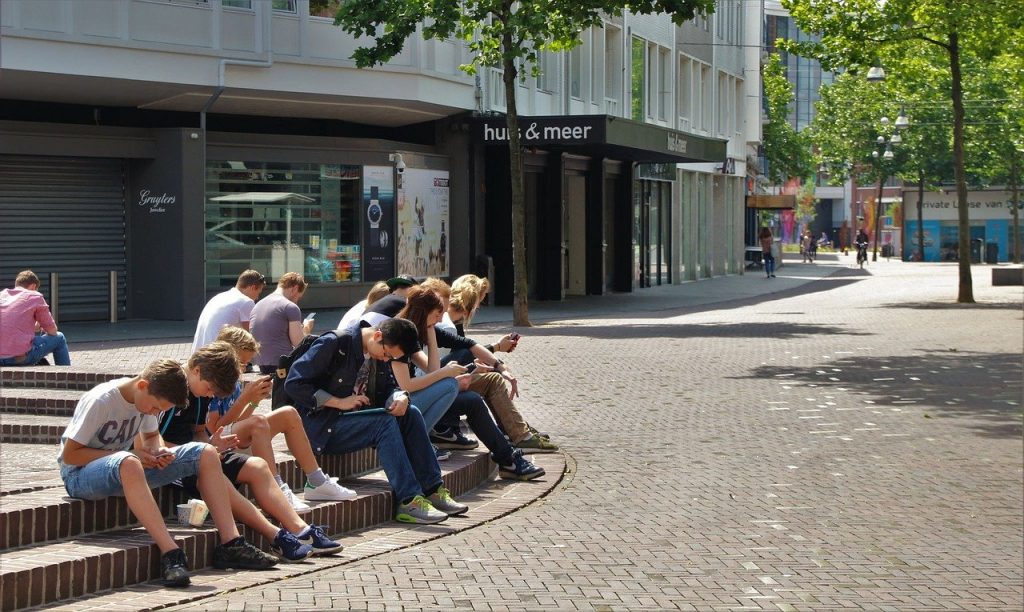
Image Credit: Pixabay
By Saul Roth
When parents are at work, 8 million children aged 5-14 spend up to 3 hours every day without supervision. Eighty percent (80%) of all 6th -12th grade students live in homes where there is no adult present after school; most often they’re left on their own when the bell rings and it’s time for homework.
After school unsupervised time is a risk factor for teen pregnancy and crime.
In our society today there are many risks associated with not having supervision by parents or guardians when they are out. This includes experimenting with tobacco products, alcohol drinking/partying in addition to involvement in drug-related activities.
The United States has the highest rate of youth incarceration in developed countries, locking up nearly 1.4 million children under 18 for criminal law violations.
Juvenile courts handle more than half this number—with over 825,000 delinquency cases per year.
The delinquency cases handled by the juvenile courts represent a significant portion of all criminal activity in our society. These crimes involve property violations, reckless driving, and liquor law violations.
Delaying the onset of delinquency offers many benefits for society, such as increasing a child’s likelihood to become a responsible and productive member of the community. Additionally, it reduces their chances in becoming criminals later on down the line. A prevention program could help prevent children from developing core criminal personality traits before they start offending regularly.
For too long, we have devoted resources to respond after crimes are committed. The more comprehensive approach is one in which you address problems before they arise by investing early on with prevention and intervention strategies. The sooner these measures start being implemented during childhood, the better chance there’ll be at turning around lives lost due to criminal records.
There are many benefits to having youth programs in a community. They can provide children with an opportunity for interactivity, exploration, and development that will help them grow into successful adults by teaching valuable life skills like sports or the arts. They can also connect with other kids who may be going through similar experiences as themselves. These types of social gatherings create relationships which deter bad influences from coming into play.
Teens need supervision after school to prevent them from getting into trouble. Their brains are still developing, so they don’t have the knowledge or judgment of an adult and can make poor decisions without supervision. Supervision gives parents peace-of mind knowing their teens will be safe while away from home all day long.
We all want a society where people respect each other and their rights. But as long juvenile crime continues to be an ongoing problem, it’s going require some tough love from adults to correct the problem.
Risking injury or death by engaging in potentially harmful activities isn’t worth the thrill teens might get out them. Children need to be safe so they can live happy lives.

Recent Comments